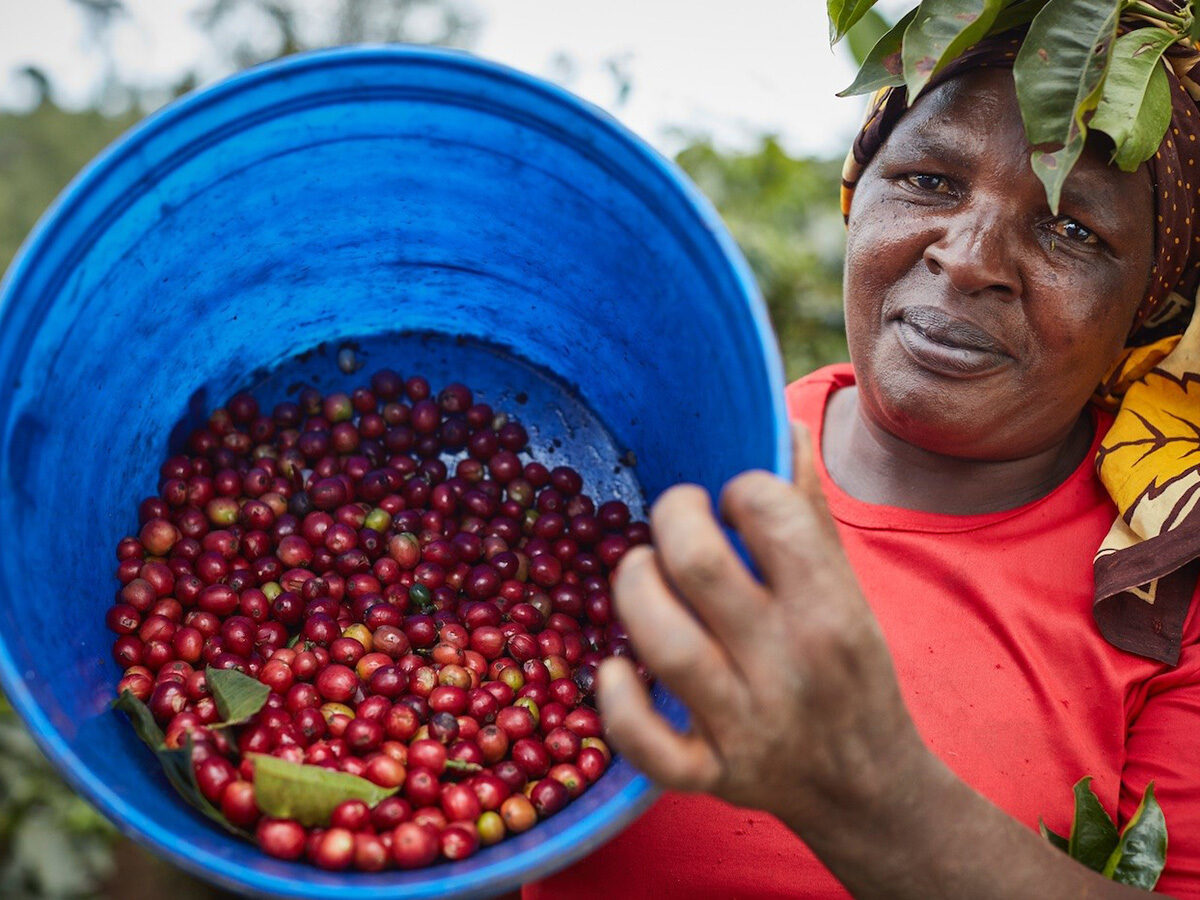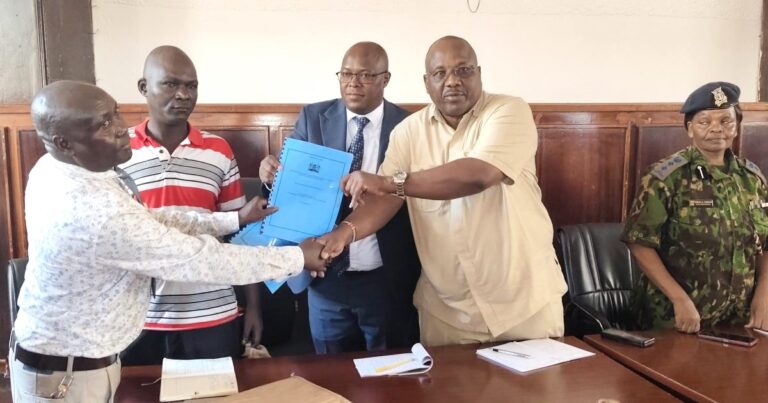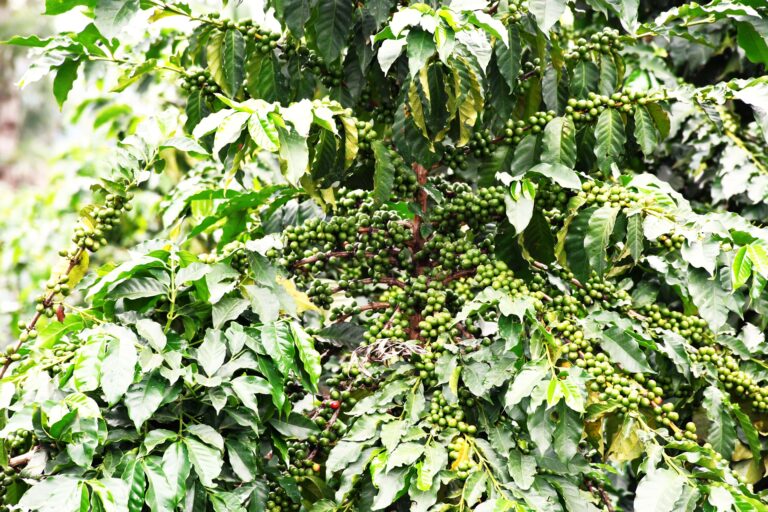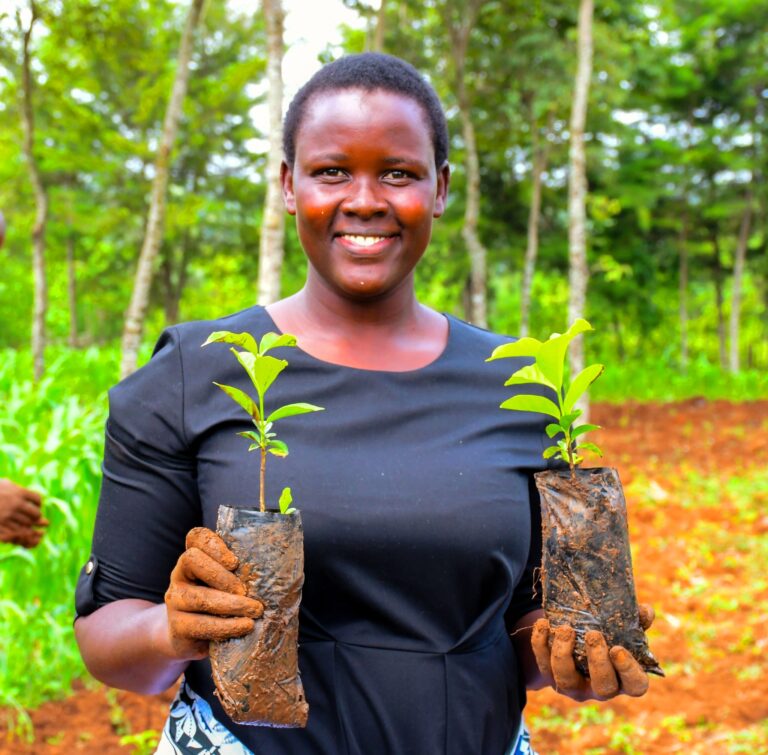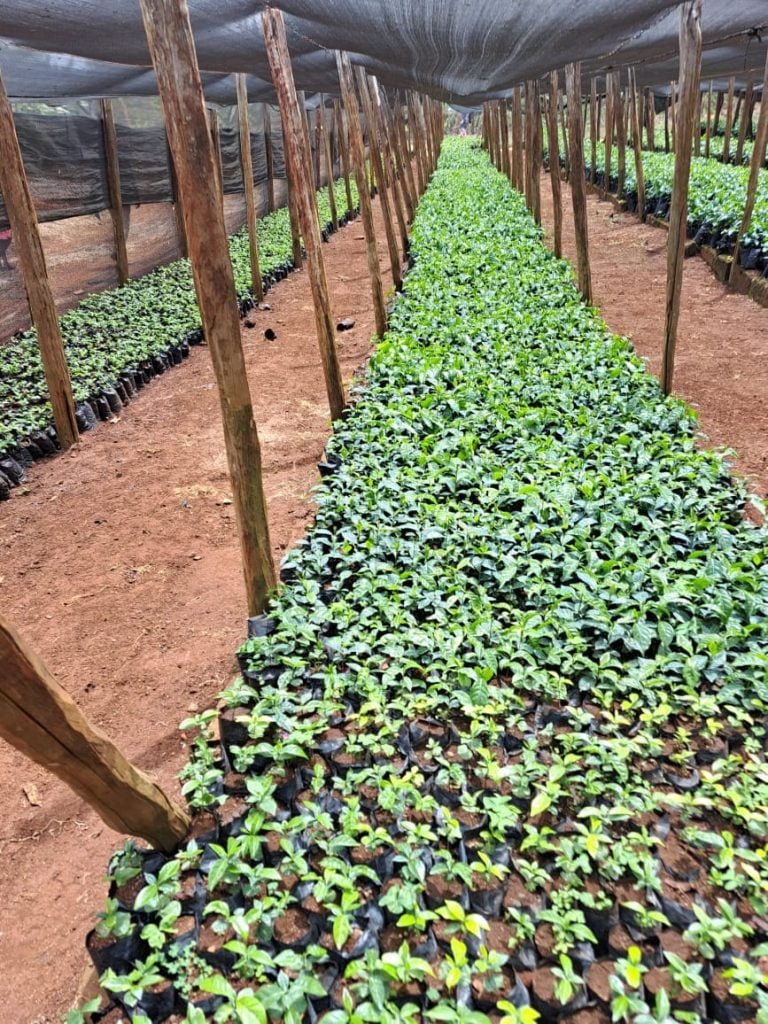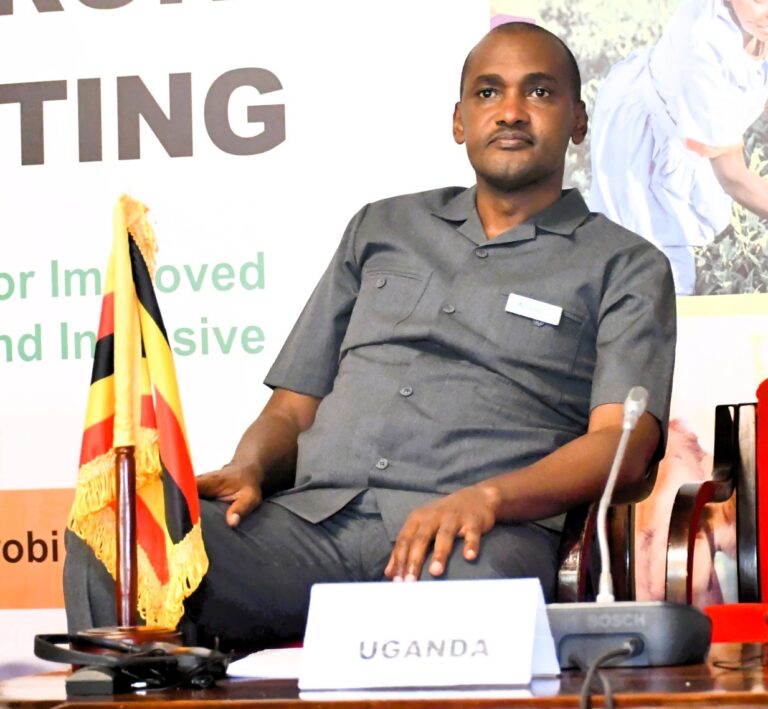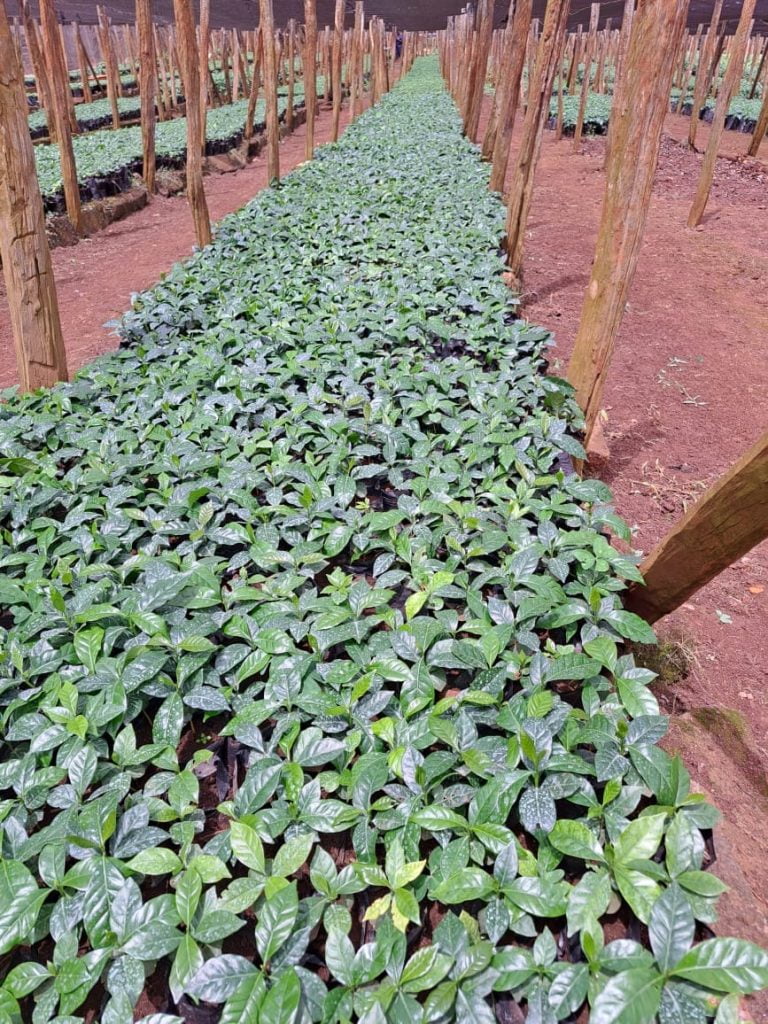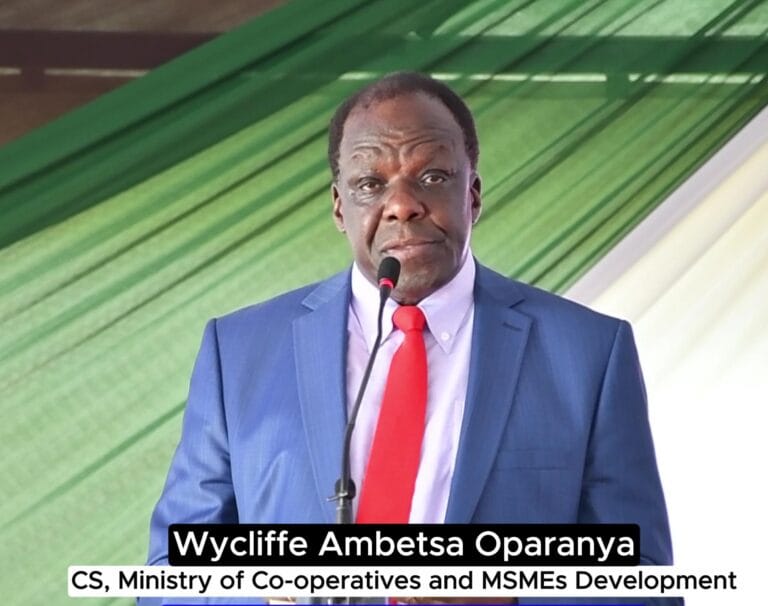Kenya is working against the clock to comply with the European Union Deforestation Regulation (EUDR), a landmark directive that requires all agricultural exports to the EU, including coffee, to be free from links to deforestation. The regulation, initially set to take effect by 30th December 2024, was extended by a year, giving Kenya and other exporting nations until 30th December 2025 to fully align with the new requirements.
Under the EUDR, companies must prove that products such as coffee, cocoa, soy, beef, palm oil, rubber, and wood were not produced on land deforested after 31st December 2020. All such products must be traceable to non-deforested land, with verifiable evidence of compliance.
In response, the Kenyan Government, through the Ministry of Agriculture and Livestock Development, has embarked on a major geo-mapping exercise to trace all land used for coffee farming. The initiative is led by the Agriculture and Food Authority (AFA), the regulator of scheduled crops under the Crops Act, 2013.
So far, 30% of Kenya’s total coffee-growing area, equivalent to 32,688 hectares across 16 of the 33 coffee-producing counties, has been mapped using satellite imagery. The total national coffee area stands at 109,384 hectares.
In the coming two months, the remaining coffee farms will be mapped under the guidance of the EUDR Data Committee, a multi-agency team comprising the State Department for Agriculture, the State Department for Cooperatives, Kenya Forest Service (KFS), Kenya Space Agency (KSA), Directorate of Remote Survey and Remote Sensing (DRSRS) and Kenya Agricultural and Livestock Research Organization (KALRO).
All coordination efforts are being led by AFA.
Kenya exports 95% of its coffee, and over 55% is destined for the EU, particularly to Belgium, Germany, Sweden, and Finland. In the last five years, the country exported 122,699 metric tonnes of clean coffee to the EU, worth USD 695.7 million (approximately KShs 90 billion).
With 70% of Kenya’s coffee produced by smallholder farmers, the implications of non-compliance are significant. Coffee farming supports the rural economy across 33 counties, making the success of the geo-mapping project and EUDR compliance critical not just for trade, but for the livelihoods of tens of thousands of farmers.
The Kenyan government’s swift action to ensure traceability and environmental sustainability highlights both the economic importance of the EU market and the growing global emphasis on sustainable agricultural practices.


